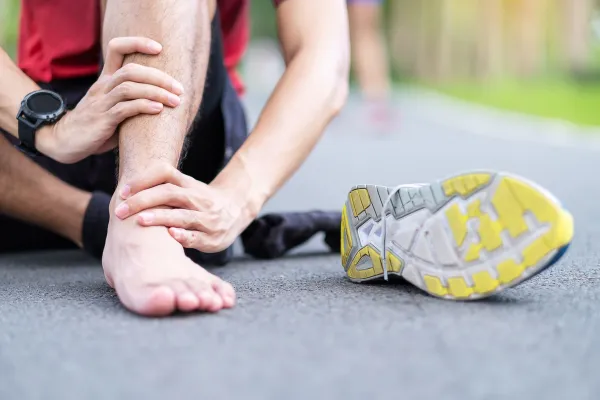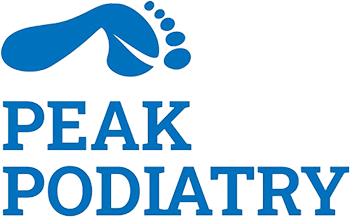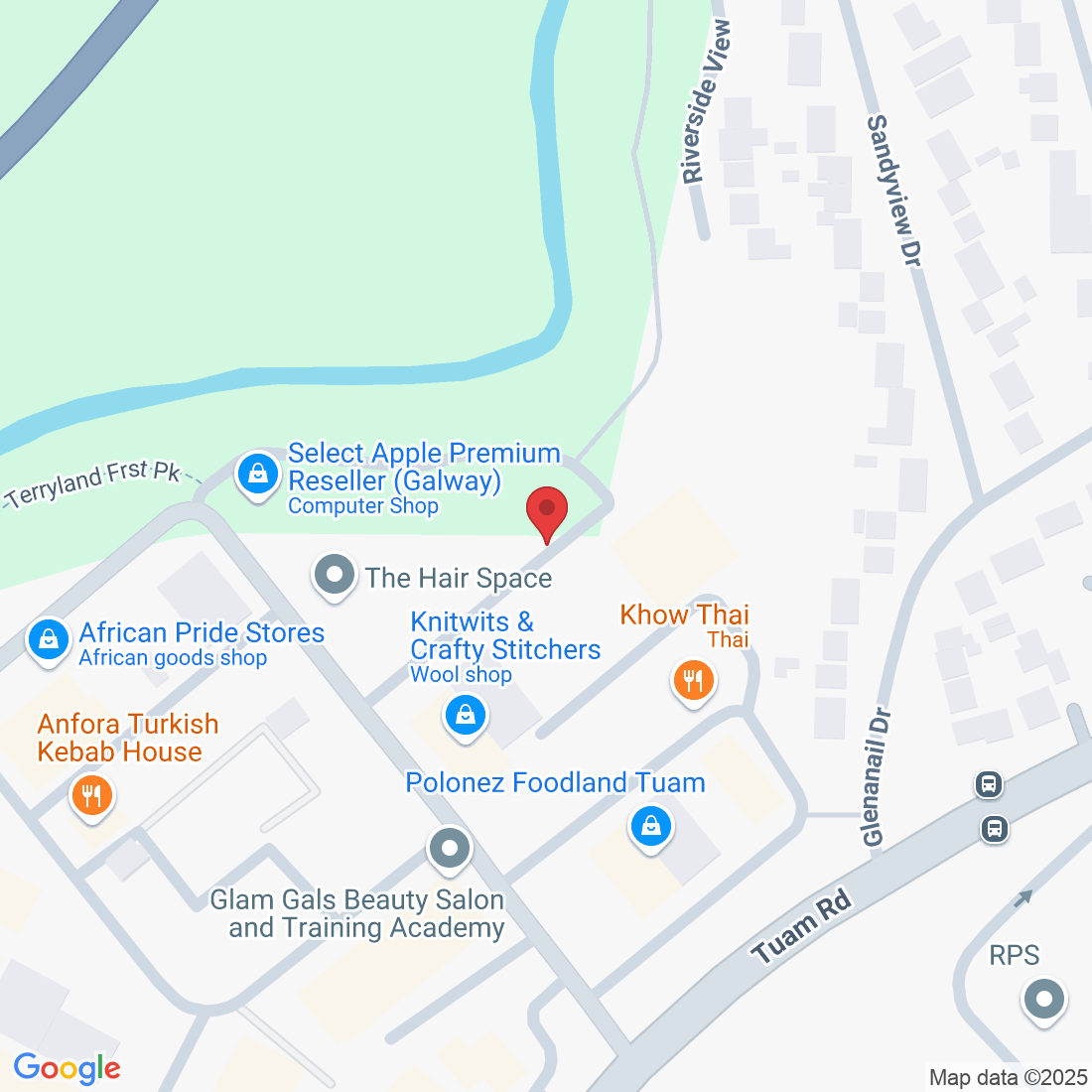
The Role of Biomechanics in Achilles Tendinopathy: How Foot Structure Affects Your Tendons
Today, we’re diving into a fascinating aspect of foot health that many people overlook: biomechanics. Specifically, we’ll explore how biomechanical factors—like foot arch and gait abnormalities—can contribute to Achilles tendinopathy. Understanding these elements can help you manage your foot health more effectively and reduce your risk of developing this common condition.
What is Biomechanics?
Biomechanics is the study of the mechanical laws relating to the movement or structure of living organisms. In simpler terms, it looks at how the body moves and functions, especially during activities like walking, running, and jumping. When it comes to the Achilles tendon, biomechanics plays a crucial role in determining how forces are distributed across your feet and legs.
Foot Structure and Achilles Tendinopathy
Foot Arches: High Arches vs. Flat Feet
High Arches: Individuals with high arches tend to have less flexibility in their feet. This can lead to an imbalance in how weight is distributed during activities. The Achilles tendon may experience increased strain as it tries to compensate for the reduced shock absorption, increasing the risk of tendinopathy.
Flat Feet: On the other hand, flat feet can lead to overpronation, where the foot rolls inward excessively. This altered alignment places additional stress on the Achilles tendon and can result in inflammation and pain over time.
Gait Abnormalities: The Impact of Walking and Running Patterns
Gait abnormalities—such as limping, shuffling, or an uneven stride—can significantly affect how forces are transmitted through the Achilles tendon. For example, if one leg is shorter than the other, it can cause compensatory movements that put extra stress on the tendon, making it more susceptible to injury.
Additionally, an inefficient gait can lead to increased impact forces with each step, contributing to the wear and tear on the Achilles tendon.
How Biomechanics Contributes to Tendon Health
Understanding how biomechanics affects the Achilles tendon is crucial for both prevention and treatment of tendinopathy. Here are some key points to consider:
Proper Alignment: Maintaining proper alignment and mechanics during physical activities can reduce stress on the Achilles tendon. This is where a thorough gait analysis can be beneficial. By identifying abnormal patterns, we can provide personalised recommendations to correct them.
Footwear Considerations: Choosing the right shoes is essential for supporting your foot structure. Shoes with appropriate arch support and cushioning can help absorb shock and provide stability, reducing the risk of tendon strain.
Strengthening and Conditioning: Incorporating exercises that strengthen the calf muscles and improve flexibility can enhance overall tendon health. A well-conditioned Achilles tendon is better equipped to handle the stresses placed on it during activity.
Prevention and Management Tips
Regular Assessments: If you’re experiencing symptoms of Achilles tendinopathy, consider scheduling a comprehensive assessment with a podiatrist. A thorough evaluation can identify any underlying biomechanical issues that need to be addressed.
Customised Orthotics: For those with specific foot structure issues, custom orthotics can help improve alignment and distribute forces more evenly across the foot, thereby alleviating stress on the Achilles tendon.
Focus on Technique: Whether you’re walking, running, or engaging in sports, pay attention to your form. Proper technique can minimise the risk of injury and ensure that your Achilles tendon is functioning optimally.
Conclusion
The biomechanics of your feet play a significant role in the health of your Achilles tendon. By understanding how foot structure and gait abnormalities contribute to Achilles tendinopathy, you can take proactive steps to protect your tendon health. At Peak Podiatry Clinic, we’re committed to helping you achieve optimal foot health through personalised assessments and treatments.
If you have any questions about your foot biomechanics or are experiencing symptoms related to Achilles tendinopathy, don’t hesitate to reach out. We’re here to help you stay active and pain-free!
Ask Robert And His Team
Fill in the form to request a Call From Our Team
Fill in the form to request a Call From Our Team
One of our team will call you for FREE and answer any questions or concerns you may have about your Foot Pain.
One of our team will call you for FREE and answer any questions or concerns you may have about your Foot Pain.
© Copyright 2022. Peak Podiatry All rights reserved.





